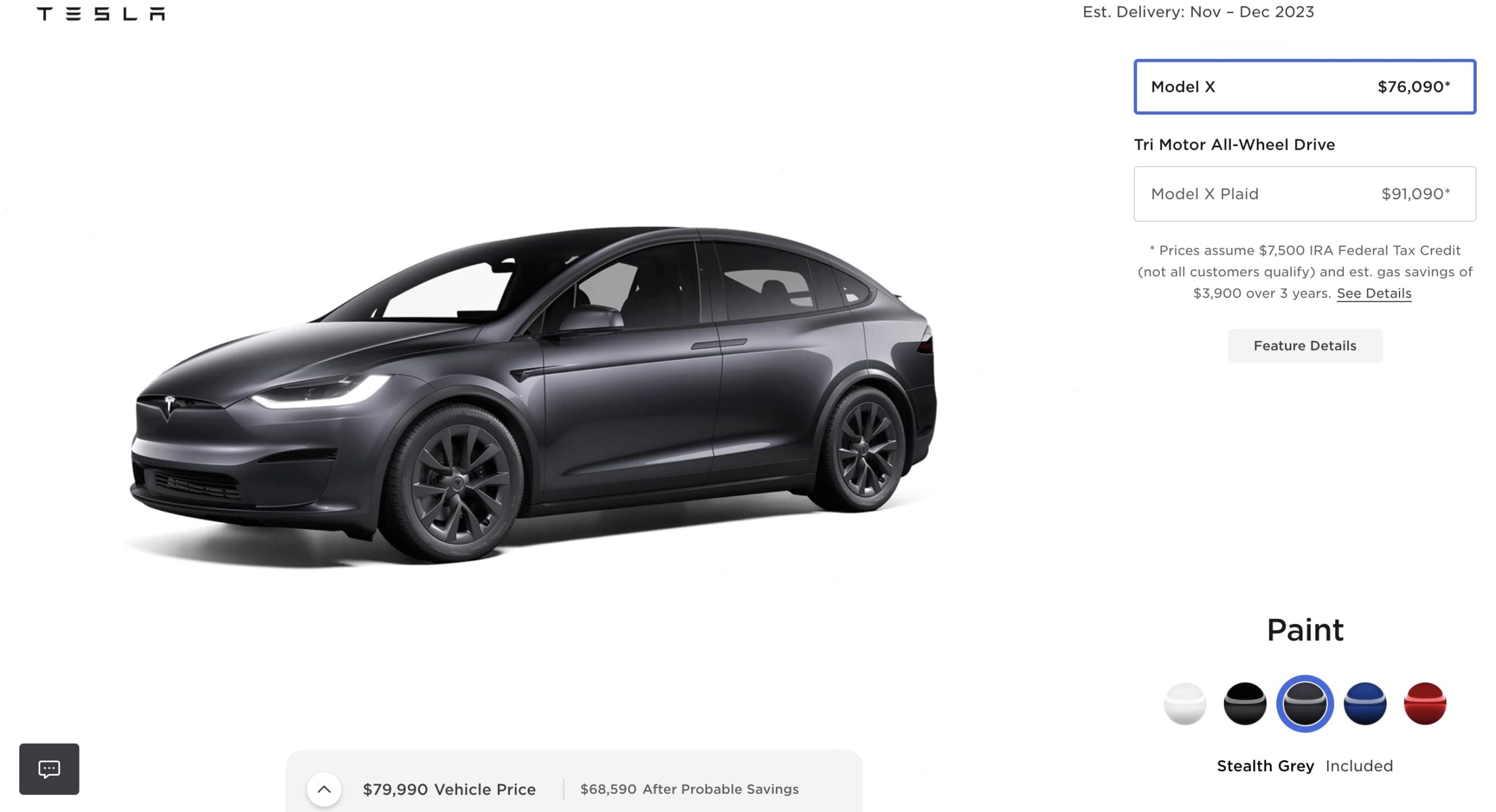The tougher credit environment might be hurting demand for Tesla vehicles more than other brands.
Many Tesla customers have been stretching their budgets to afford the purchase. This has been going on for years, and it could explain why Elon has been persistently harping on the importance of affordability so much more than other automaker CEOs have been, and why Tesla has had to cut prices this year more than most other brands have. Normally, most customers buy new cars that are in approximately the same price and market segment as their previous car.
Elon stated on the Q2 2018 earnings call, "people are trading up into a Tesla, so they're choosing to spend more money on a Tesla than their current car, just based on the trade-in values." On that same call, Robin Ren said the top 5 trade-in models were:
- Toyota Prius
- BMW 3 Series
- Honda Accord
- Honda Civic
- Nissan Leaf.
In 2019, Bloomberg published the results of a
survey of 5000 Model 3 owners. One of the questions was what car they had traded in for their Model 3. (Surveys are questionably useful in general, but this was a basic factual question and the results for the top 5 exactly align with what Tesla had said a year prior.)
View attachment 985733
Then in the Q1 2021 report, Tesla again showed that the majority of trade-ins were of non-premium brands:
View attachment 985730
CarMax has observed a similar pattern. They
stated earlier this year:
Full Q2 2018 earnings call commentary on trade-ins:
Then in the Q3 2023 call, we were informed that the effective retail price of a Model Y, as measured by the monthly loan payment, has remained approximately constant, and the only difference has been that more of the payment is now going towards paying interest instead of paying down the principal. Considering that the actual cost is what matters to the customer, not the Tesla list price, this would indicate that intrinsic demand has not declined.
Tesla has repeatedly told us over the years that their customers are exquisitely sensitive to price (i.e. there is high elasticity of demand), and the past market reactions to price changes have indicated this is so.
Q3 2023 call:
This all indicates that Tesla can unlock massive demand simply by progressing on cost reduction and moving into lower price tiers, especially with Gen 3.




